Russia using thousands of Musk’s Starlink systems in war, Ukrainian general says
Lt. Gen Kyrylo Budanov’s comments suggest Russia is starting to acquire Starlink terminals, made by SpaceX, at a scale that could cut into a big Ukrainian battlefield advantage.
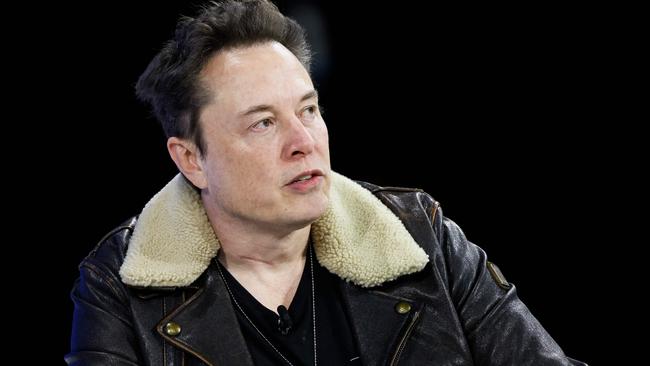
Ukraine’s top military-intelligence officer said Russian invasion forces in his country are using thousands of Starlink satellite internet terminals, and that the network has been active in occupied parts of Ukraine for “quite a long time.”
Lt. Gen. Kyrylo Budanov’s comments in an interview suggest that Russia is starting to acquire Starlink terminals, made by Elon Musk’s SpaceX, at a scale that could cut into a major Ukrainian battlefield advantage. Ukraine’s government said last year that around 42,000 terminals are used by the military, hospitals, businesses and aid organisations.
Starlink, which is more secure than cell or radio signals, is considered so vital to Ukrainian operations that the Pentagon struck a deal with SpaceX last year to help fund access for Kyiv’s forces. Up to now, Russian forces have had no similarly secure communications system.
Russian private firms buy the terminals off intermediaries who pass off purchases as for personal use and deliver the equipment to Russia via neighbouring countries, including former Soviet republics, Budanov said. Russian army units down to company level were seeking to acquire Starlink terminals, often by collecting money for the purchases, he said.
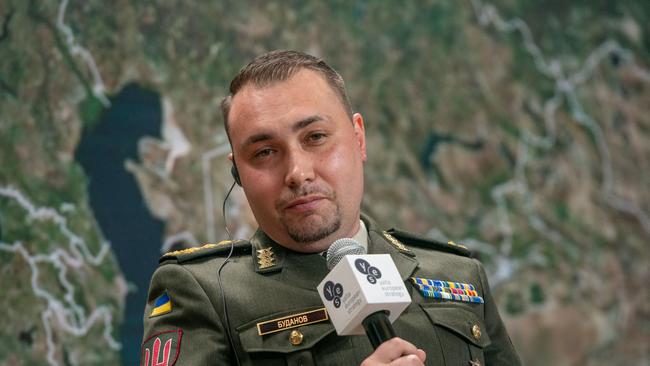
“It’s an open market,” said Budanov, who heads Ukraine’s military-intelligence agency, known as HUR. “It’s not a military item.”
A search for Starlink terminals on Russian search engine Yandex.ru yields numerous dealers in Moscow and outside the Russian capital who promise to install the systems across the country and the Russian-occupied territories of Ukraine.
One website, strlnk.ru, promised “tested performance” in the occupied areas of Crimea, Luhansk, Donetsk and Kherson with monthly fees starting at $100 a month. The website provided contacts for a dealer, including a Russian cellphone number and a Yandex email. A representative of the firm declined to speak to a Wall Street Journal reporter.
Another website that uses the name of a German appliance company sells Starlink terminals for nearly 300,000 rubles, or just over $3,000.
Like other space communications systems, Starlink relies on satellites in orbit, infrastructure called ground stations and terminals to allow people to tap in to its high-speed internet connections. Customers use a flat antenna array that needs an unobstructed view of the sky to connect with satellites.
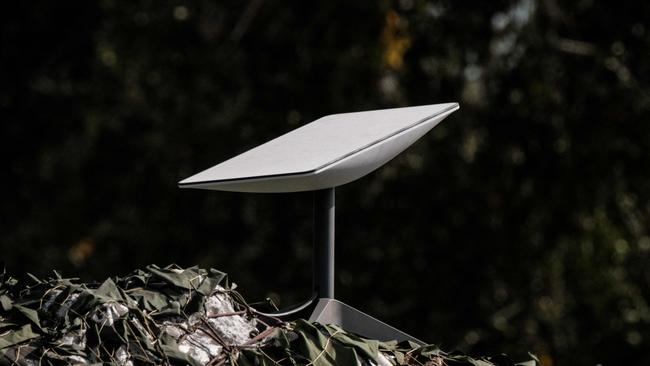
SpaceX, which doesn’t want to provide connections to users in countries where regulators haven’t permitted its use, wields significant control over where it offers service and where it doesn’t.
Budanov said Starlink service has worked on occupied territory for “quite a long time,” without elaborating. Asked whether he knew from personal experience, he replied: “Of course.” HUR units often work behind enemy lines.
A spokesman for SpaceX didn’t immediately respond to a request for comment. Musk previously said SpaceX wasn’t selling to Russia. “To the best of our knowledge, no Starlinks have been sold directly or indirectly to Russia,” he wrote in a post on his social-media platform X on Sunday.
Neither Musk nor Starlink has responded directly to questions about whether the devices could be obtained in other countries and used in Russian-occupied parts of Ukraine. Starlink has said SpaceX takes steps to deactivate Starlink terminals if the company determines sanctioned or unauthorised parties are using them.
The Russian Defense Ministry didn’t respond to a request for comment. Kremlin spokesman Dmitry Peskov said earlier this week that officially Starlink was neither delivered to Russia nor used in the country.
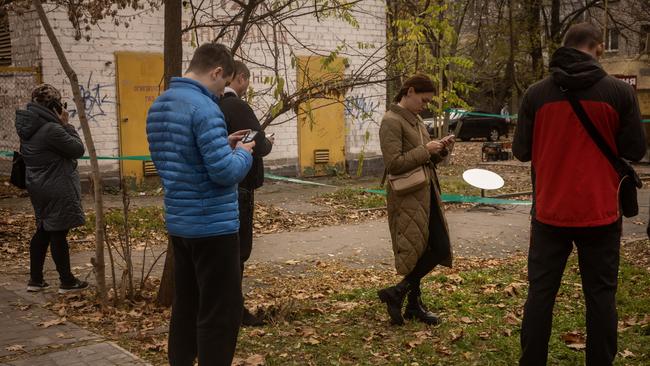
The Kremlin has steadily tightened its grip on Russia’s communications infrastructure over the last decade. Current regulations force any foreign satellite operator in Russia to pass traffic through one of several ground stations inside the country. It was unclear whether any Starlink traffic abided by those rules. Exceptions can be made only with permission of the country’s Federal Security Service, or FSB.
Access to Starlink has been a politically charged issue since early in the war, when Musk made the service available in Ukraine.
Sen. Ron Wyden (D., Ore.) said in a statement that reports of Russian military use of Starlink terminals were extremely concerning. “SpaceX needs to do everything in its power to ensure the Russian military isn’t using its technology as part of its invasion of Ukraine,” he said.
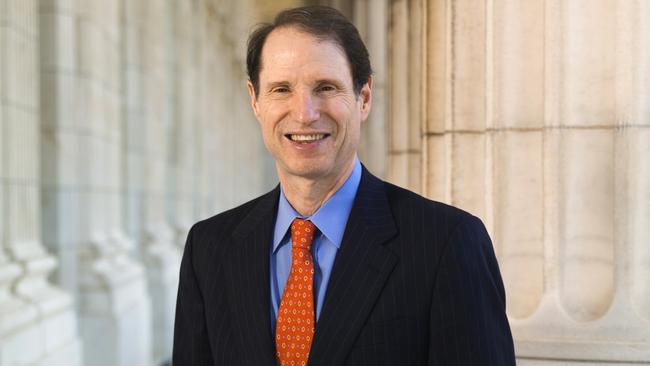
Last year, when SpaceX said it could no longer fund access for Kyiv, the Pentagon agreed to pay to help keep the service running. Private donors, governments and other organisations also pay for terminals.
Musk said in September that earlier in the war, he had declined a request to activate Starlink service around Sevastopol in Crimea to avoid directly involving his space company with what he described as a plan to sink Russian ships there.
Musk said that if he had agreed to it, SpaceX would have been “complicit in a major act of war and conflict escalation.” He didn’t address how this was different from Ukraine’s use of Starlink in many other operations.
Reports on Russian use of Starlink come as Musk has spoken out against further aid to Ukraine, saying on Monday that it would prolong the war and cause more deaths as “there is no way in hell” that Russian President Vladimir Putin could lose the war.
During the discussion in a forum on X, Musk acknowledged that he has been accused of being an apologist for Putin, but called that absurd, pointing in part to the support Starlink has provided to Ukraine.
Asked about Musk’s views on the war, Ukraine’s military-intelligence chief Budanov said: “That’s his personal matter.”
The Wall Street Journal

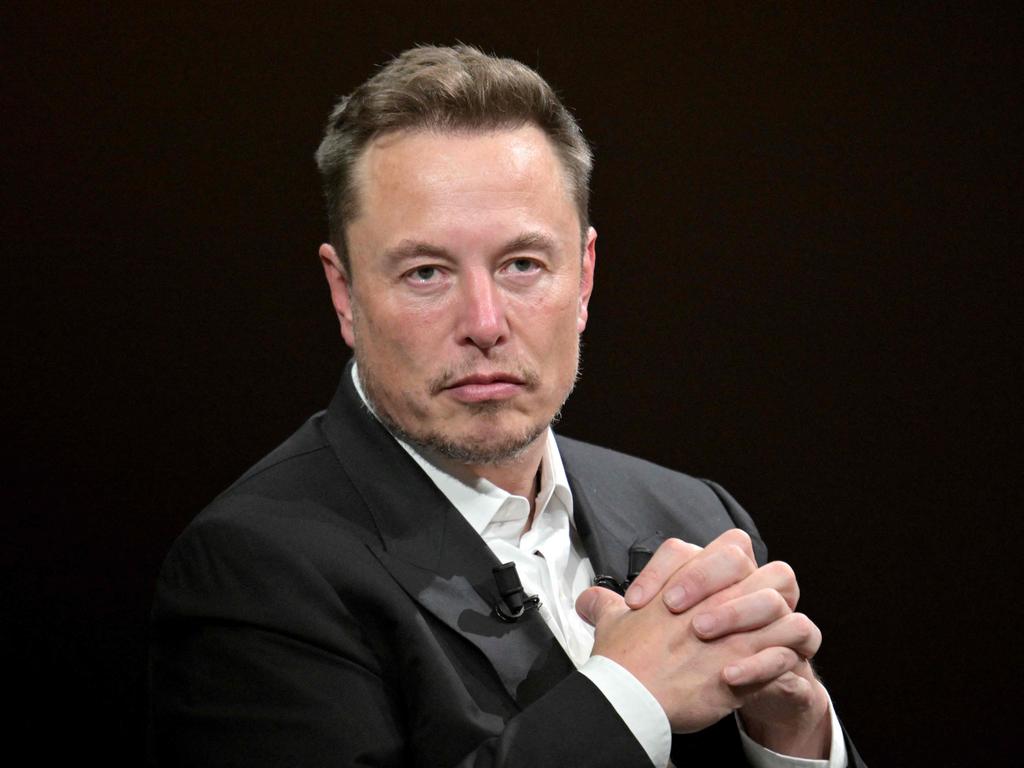


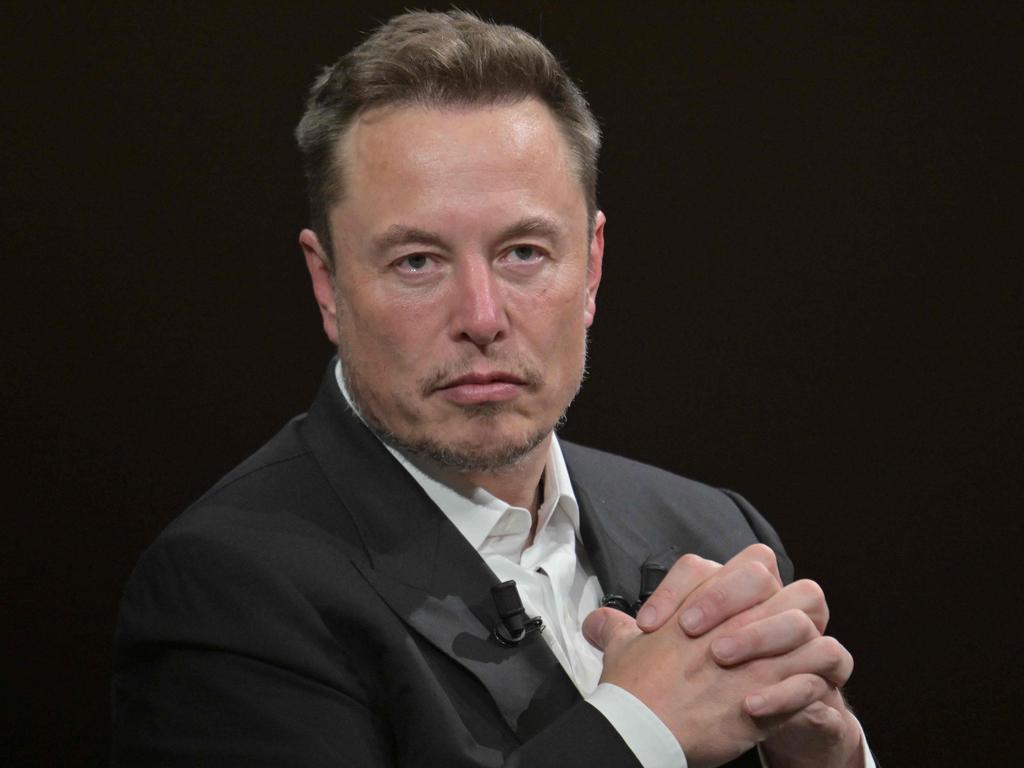
To join the conversation, please log in. Don't have an account? Register
Join the conversation, you are commenting as Logout